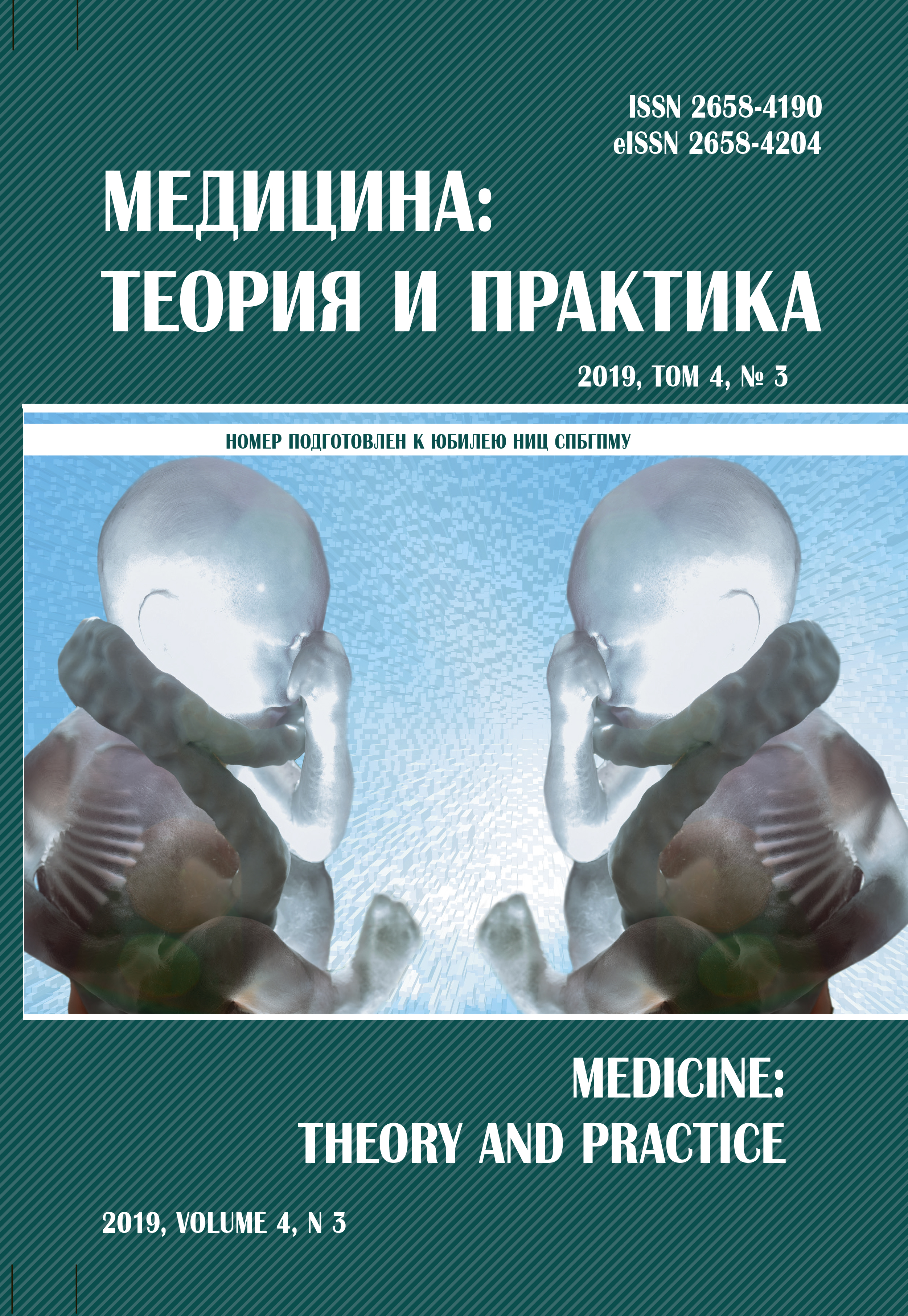ESTIMATION OF EFFICIENCY OF USING TARGET MULTIGENE SEQUENCING IN CHILDREN WITH RECURRENT INFECTIONS
Abstract
Children recurrent infections are an important medical and social problem, often causing developmental delays and reduced quality of life. Genetic features of the organism play an important role in the development of infectious diseases, causing susceptibility to various pathogens, as well as influencing the nature of the disease. This work is aimed at assessing the effectiveness of the use of targeted multigenic panel in identifying the causes of predisposition to the development of recurrent infections in children. Materials and methods. 382 patients were examined, the average age of which at the time of the study was 7.5 years (range 2 months 18 years). The study included patients with clinical signs indicating the likely presence of a genetic defect in the immune system. Research result. Pathogenic mutations were detected in 18% (70/382) of all cases, and in 44 of the 207 (21%) patients meeting the Jeffrey Modell Foundation criteria. In the subgroup of patients with «syndromic» PID, targeted sequencing allowed to determine the cause of the disease in 4 out of 10 patients (40%). In three cases, defects in the KMT2D gene were identified, which led to the diagnosis of Kabuki syndrome. In the group of frequently ill children, pathogenic variants were detected only in three cases (3/54. 6%). In patients with unusually severe infectious episodes, the only clearly pathogenic genetic damage was THE tlr3 mutation c.889C>G (p. L297V). Discussion. Currently, more than 350 nosological forms of PID have been described. The frequency of infectious episodes is not in itself a convincing indication of PID. Recurrent SARS do not always signal the presence of a genetic defect of immunity, but more often reflect the process of functional maturation of the immune system. Thus, targeted multigenic sequencing allows to identify genetic defects in a significant part of children with recurrent infections. In the future, the effectiveness of genetic analysis can be increased by popularizing knowledge about the possible signs of primary immunodeficiency, as well as the use of neonatal screening methods.



